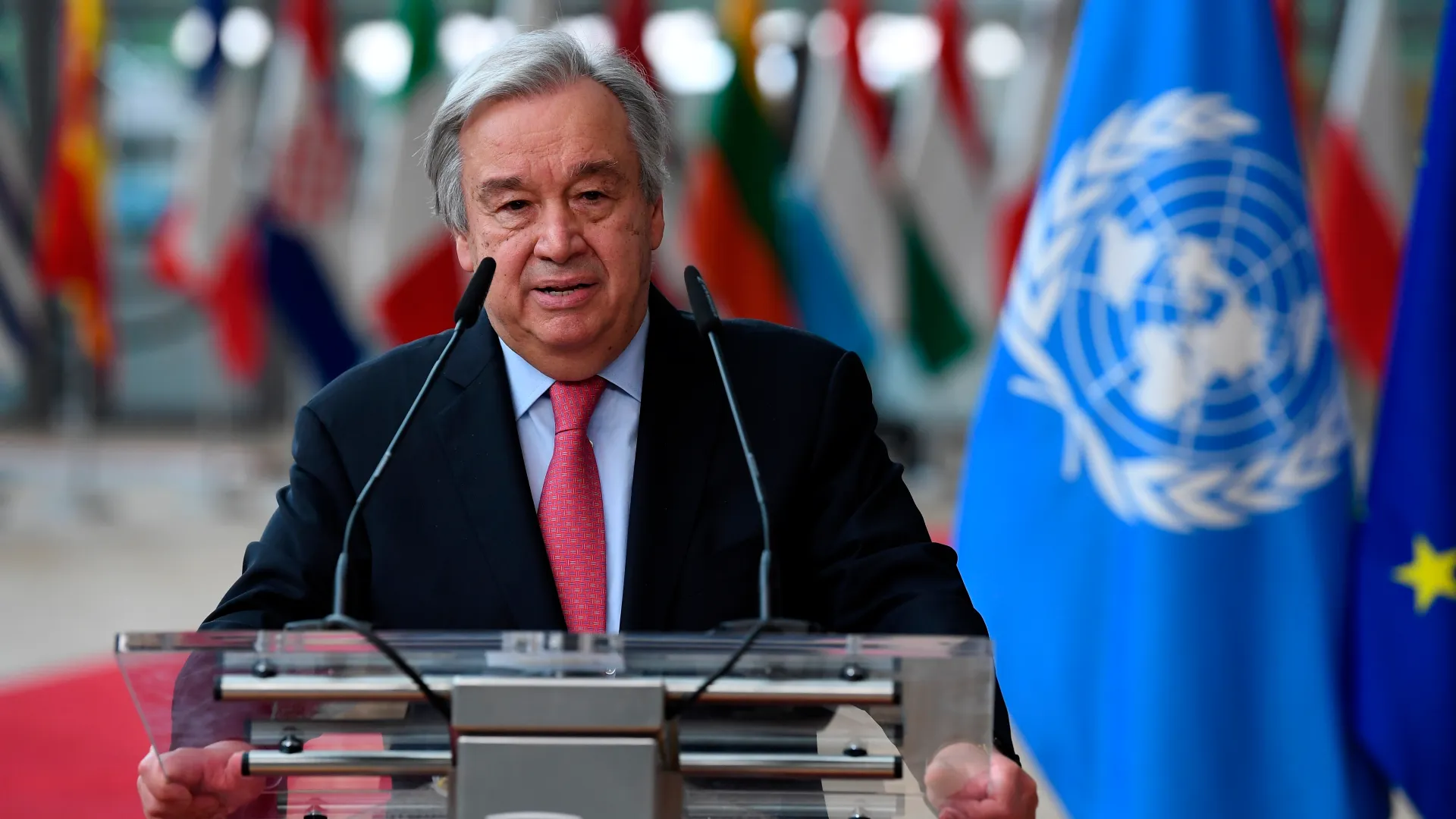UN Secretary-General Antonio Guterres has asserted that indiscriminate attacks against civilians in Sudan could constitute “war crimes and crimes against humanity,” one year after war erupted between rival generals in the East African country.
The United Nations explained that nearly 25 million people, half of Sudan’s population, need aid and some eight million have fled their homes amid the war between the Sudanese Armed Forces (SAF) and paramilitary Rapid Support Forces (RSF). Donors met in Paris on Monday to pledge humanitarian help.
“This is more than a conflict between two warring parties. It is a war being waged on the Sudanese people,” Guterres told reporters, referring to the tens of thousands of people killed and 18 million facing “acute hunger”.
“Indiscriminate attacks that are killing, injuring and terrorizing civilians could amount to war crimes and crimes against humanity,” he said, condemning the use of sexual violence against women and girls, and attacks on aid convoys.
Read Also: UN Secretary, Guterres Arrives Nigeria On 1st Official Visit
Guterres reiterated his concerns about reports of escalating unrest in el-Fasher, in Darfur – a western region that is home to a quarter of Sudan’s 48 million people and the past scene of horrific violence, with reports of mass ethnic-based killings.
El-Fasher, in North Darfur State, is the last state capital not under the control of the RSF, who are battling Sudan’s army. It is also a major regional hub for humanitarian aid.
Fears have mounted that sexual and ethnic-based violence have taken place in Darfur since the outbreak of the war.
“Over the weekend, RSF-affiliated fighters attacked and burned villages west of the city – leading to widespread new displacement” and fears that the city’s only water source could be overtaken, Guterres said.
“Fighting continued today on the outskirts of el-Fasher,” he added.
“Let me be clear: Any attack on el-Fasher would be devastating for civilians and could lead to full-blown intercommunal conflict across Darfur.”
He warned that such an attack would also upend aid operations in an area “already on the brink of famine”.

